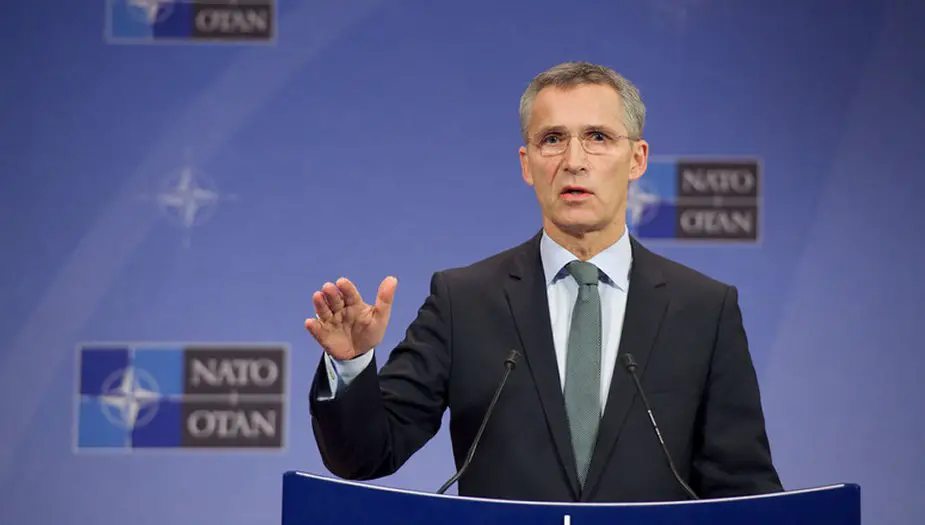Breaking news
NATO warns EU over defense cooperation pact.
European Union’s new defense cooperation pact should not undermine the alliance, NATO Secretary General Jens Stoltenberg warned on 13 February. His reaction followed a concern voiced by US officials about the flagship initiative that obviously makes the US somewhat nervous.

Jens Stoltenberg, NATO Secretary General (Picture source: NATO)
In December 2017, the European Union widely advertised the new pact elaborated in view of the post-Brexit situation, also focusing on a clear will of favouring the European defense industry. Britain, which is leaving the EU by the Brexit process, is one of only three member states along with Denmark and Malta not to sign up to the pact. Under the rules of the cooperation agreement, as a non-EU state Britain will be able to take part in specific missions but will have no decision-making role.
This EU plan rises concerns among some NATO circles fearing that it might draw resources away from NATO on top of a protectionist umbrella for European defense manufacturers.
Speaking in view of the present meeting of NATO defense ministers in Brussels, Stoltenberg replied there is no way the EU would nor could replace the Transatlantic Alliance to guarantee European security. Efforts to boost European defense spending are understandable and even welcome, he said, but only if coordinated with NATO plans. “It will be absolutely without any meaning if NATO and the EU start to compete,” he added. “European allies are absolutely aware that the defense, the protection of Europe is dependent on NATO. ”The EU’s so-called permanent structured cooperation on defense agreement, known as PESCO, has projects in view already to develop new military equipment and improve cooperation and decision-making.
These words were a clear reaction to what Katie Wheelbarger, a senior official at the US Department of Defense, expressed last 11 February, according which Washington regarded some of the proposed initiatives as “pulling resources or capabilities away from NATO”. The US criticism increased the day after, with Ambassador to NATO Kay Baliey Hutchison warning the EU there could be serious consequences if it managed to keep US defense companies away from cooperation projects.
In reaction, EU officials replied that the US defense market should be (more) accessible to European manufacturers, which is not the case as now. A sound transatlantic cooperation should involve a real balanced access to mutual defense markets.


























